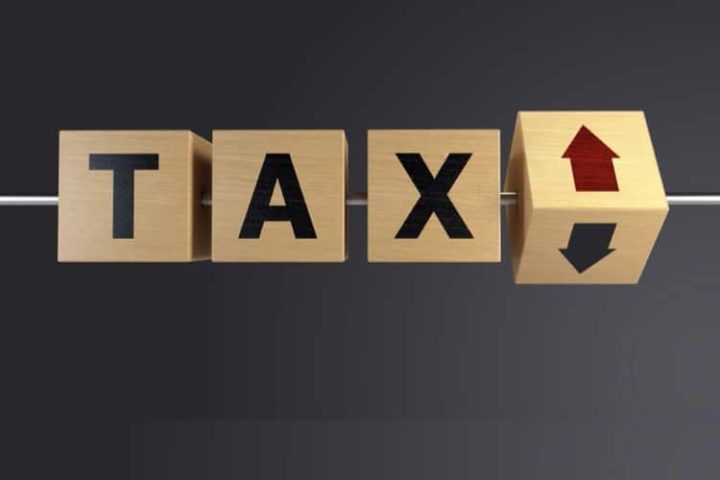
In April, Amazon founder and CEO Jeff Bezos announced that his company “support[s] the Biden Administration’s focus on making bold investments in American infrastructure” — no surprise coming from a firm that these days is as much about transportation as about retail sales.
But what Bezos said next came as a shock to many. Recognizing that someone would have to foot the bill for all this spending, he declared that Amazon would support “a rise in the corporate tax rate.”
That sounds like a magnanimous gesture, particularly given Amazon’s well-known ability to keep its federal income-tax liability to a minimum. According to Politico, however, Amazon is also lobbying heavily to ensure that its income-tax bill doesn’t increase next year.
“The company hired the tax lobbyist Joshua Odintz, a former Democratic congressional aide and veteran of the Obama administration, last month to lobby on the section of the tax code dealing with the research and development tax deduction, according to a disclosure filing,” wrote the website.
The R&D deduction isn’t expiring, but it is set to undergo a change that will make it considerably less valuable. As part of the 2017 Tax Cuts and Jobs Act, beginning in 2022, R&D expenses will no longer be fully deductible during the year in which they are incurred. Instead, the deduction will be amortized over a five-year period. “While other governments work to substantially increase R&D investment, this change will significantly increase the cost to perform R&D in the U.S.,” Intel chief financial officer George Davis told the Senate Finance Committee earlier this year.
“The change was included as a way to pay for the legislation, and experts believe it was never meant to become permanent,” noted Politico. The Progressive Policy Institute’s Ben Ritz called it “a time bomb that was always meant to be diffused.”
Amazon, along with dozens of other companies, is pulling out all the stops to ensure the bomb doesn’t explode. In addition to hiring Odintz, Amazon is also part of the R&D Coalition, an alliance of companies that want to maintain the current deduction. That group has hired its own high-powered lobbyists from PricewaterhouseCoopers.
Clearly, the R&D deduction is a big deal to Amazon. While its tax returns aren’t public knowledge, the company “disclosed in a Securities and Exchange Commission filing earlier this year that the tax credits that helped it reduce its U.S. tax burden ‘were primarily related to the U.S. federal research and development credit,’” reported Politico.
“It’s very likely they’re getting hundreds of millions of dollars a year in R&D tax credits,” Matthew Gardner, a senior fellow at the Institute on Taxation and Economic Policy, told the website.
Although there’s no guarantee that the deduction change will be stopped, things in Washington appear to be moving in that direction. A House bill to repeal it already has 60 cosponsors; a companion Senate bill has a dozen. And while the Biden administration hasn’t stated an official position on the matter, Treasury Secretary Janet Yellen told the Senate Finance Committee last month that “promoting innovation is a critical priority for President Biden” and that “continuing to allow firms to expense R&D rather than shifting to amortizing could be one very effective way to bring that about.”
Bezos’ baby isn’t alone in taking advantage of every available deduction to reduce its tax liability. Income-tax data illegally leaked to ProPublica shows that between 2016 and 2018, the world’s richest person paid just 1.1 percent of the $127-billion increase in his net worth in income taxes — most of the increase was not in the form of wages, and he offset much of his income with investment losses and other deductions — and in 2007 and 2011, he paid no income taxes whatsoever.
None of this is to begrudge Amazon and Bezos even one penny of what they have honestly earned or to suggest that they ought to be forced to pay more to the government. Indeed, keeping the R&D deduction intact would be a good thing because it enables businesses to keep cash out of the hands of profligate politicians. It is, however, a reminder that those who most vociferously stump for big government often do everything in their power to avoid its grasp.



